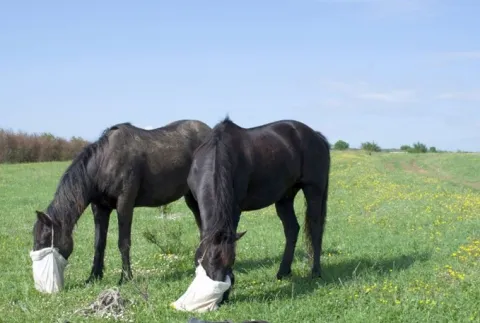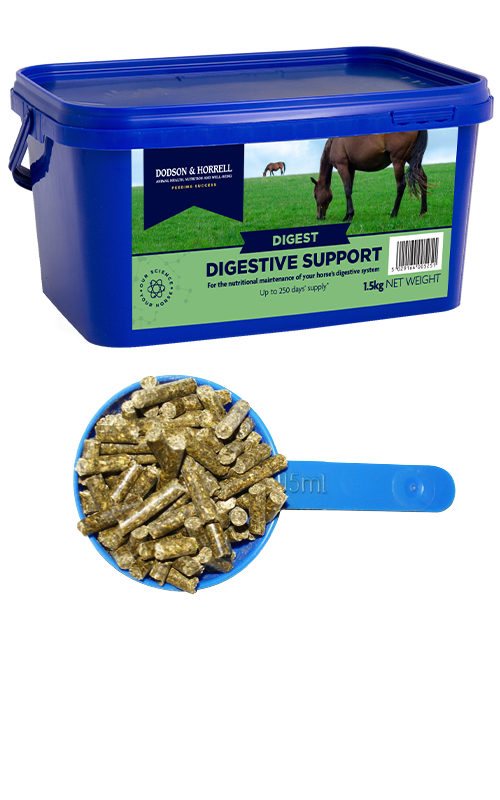Feeding Horses with Competition Stress: A Comprehensive Guide

Competition can be a significant source of stress for horses, impacting their health, performance, and overall well-being. Proper nutrition plays a crucial role in managing this stress and supporting optimal performance. This article explores how to feed horses experiencing competition stress, including dietary strategies, nutrient requirements, and practical tips.
Understanding Competition Stress in Horses
Competition stress arises from physical exertion, environmental changes, travel, and psychological factors such as anxiety or excitement. Stress can lead to decreased appetite, digestive disturbances, and weakened immune function, making nutrition management essential.
Key Nutritional Considerations
| Nutrient | Role in Stress Management | Sources |
|---|---|---|
| Carbohydrates | Provide energy for intense physical activity | Oats, barley, corn |
| Proteins | Support muscle repair and immune function | Alfalfa, soybean meal |
| Fats | Offer concentrated energy and support cell health | Vegetable oils, rice bran |
| Vitamins & Minerals | Aid in recovery, immune support, and antioxidant defense | Vitamin E, selenium, zinc |
Feeding Strategies for Competition Stress
- Maintain Consistent Feeding Times: Helps reduce anxiety and digestive upset.
- Increase Energy Density: Use high-quality grains and fats to meet elevated energy demands.
- Hydration: Ensure constant access to clean water; consider electrolyte supplements.
- Digestive Health: Incorporate probiotics and prebiotics to support gut flora.
- Avoid Sudden Diet Changes: Gradual transitions prevent colic and other digestive issues.
Sample Daily Feeding Plan
| Meal Time | Feed Type | Quantity | Notes |
|---|---|---|---|
| Morning | Hay + Oats | 5 kg hay + 2 kg oats | Energy boost before training |
| Midday | Alfalfa + Electrolytes | 3 kg alfalfa + supplements | Supports muscle recovery |
| Evening | Hay + Vegetable Oil | 5 kg hay + 250 ml oil | Sustains energy overnight |
Additional Tips
- Monitor body condition regularly.
- Adjust feed based on workload and stress levels.
- Consult with a veterinarian or equine nutritionist for personalized plans.
Frequently Asked Questions (FAQ)
Q1: How does stress affect a horse’s appetite?
Stress can reduce appetite, leading to decreased feed intake and potential weight loss. Maintaining palatable and nutrient-dense feeds can help encourage eating.
Q2: Can supplements help manage competition stress?
Yes, supplements like electrolytes, antioxidants (Vitamin E, selenium), and probiotics can support recovery and immune function.
Q3: How soon before a competition should I adjust my horse’s diet?
Dietary adjustments should begin at least 2-3 weeks prior to competition to allow the horse’s digestive system to adapt.
Q4: What signs indicate a horse is stressed from competition?
Signs include restlessness, sweating, decreased appetite, digestive upset, and changes in behavior.
Feeding horses under competition stress requires careful planning and attention to their unique nutritional needs. By implementing these strategies, you can help your horse maintain health, reduce stress, and perform at their best.
For more detailed guidance, always consult with equine health professionals.
